When it comes to prepping, there’s no better feeling than knowing your pantry is stocked with preserved foods that can carry you through any situation. Whether you’re preparing for a long winter or simply want to avoid food shortages, preserving food is a must. Because we grow so much of our own food and forage and buy in bulk when we see good deals, we have to preserve a lot of stuff so we don’t waste it.
Yes, people often give me the side-eye when I talk about canning or dehydrating or other food-preserving methods, but it’s just a normal part of life for us. In fact, in previous generations, you’d be considered weird, lazy, and ill-prepared if you didn’t stock your pantry for tough times and the hungry winter months.
I am not concerned about food shortages or lean times because we’ve built up our stores to see us through, and we’ve enough that we’re able to sell some of our preserves to bolster our income and still enough that we can help out those less fortunate than ourselves. But we’ve been at this for years. Everyone has to start somewhere, so start small. Pick one or two things to try out, then lowly expand your preserved food stores. You’ll be surprised at how easy it is, how much money you can save, and how much less anxious you’ll feel about your food security.
1. Apples
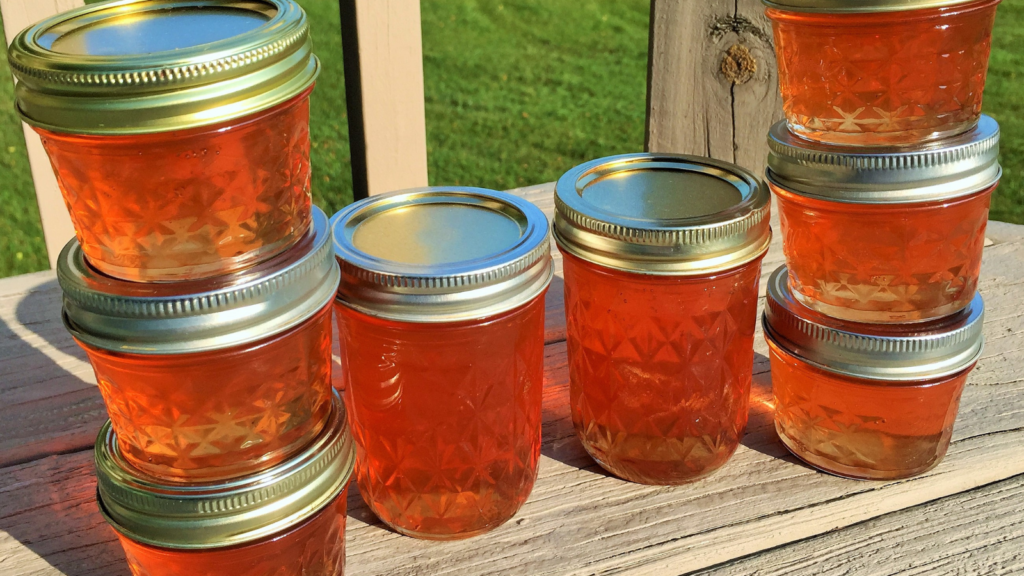
Apples are perfect for preserving because they store well and can be turned into sauces, dried slices, or jams. Dehydrating them is a great option if you want to save space. Plus, they’re packed with fiber and vitamin C, which will help keep your immune system strong. Properly dehydrated apples can last up to a year if stored in a cool, dry place. They’re also incredibly easy to find in the wild and, around here at least, a lot of people have the trees growing on their property but never harvest them, or they leave big bucket-loads at their gate with a “free” sign on them for anyone to just take away.
2. Tomatoes
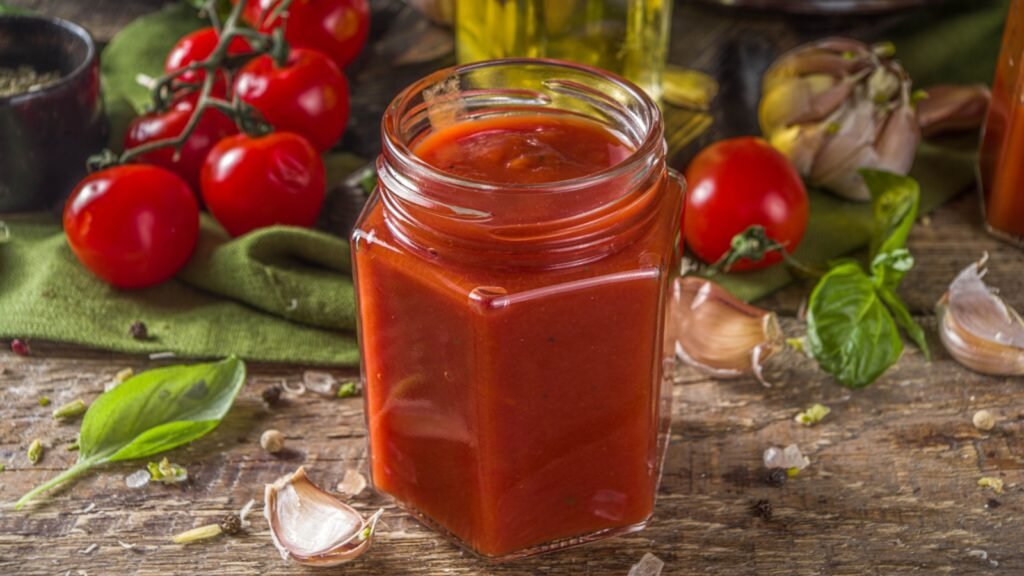
Tomatoes are incredibly versatile. You can can them, turn them into sauces, soups, or even salsa. They’re high in antioxidants, particularly lycopene, which offers long-term health benefits. When properly canned, tomatoes can last for years. They’re also excellent for preserving as tomato paste, which takes up less space in storage.
3. Peppers
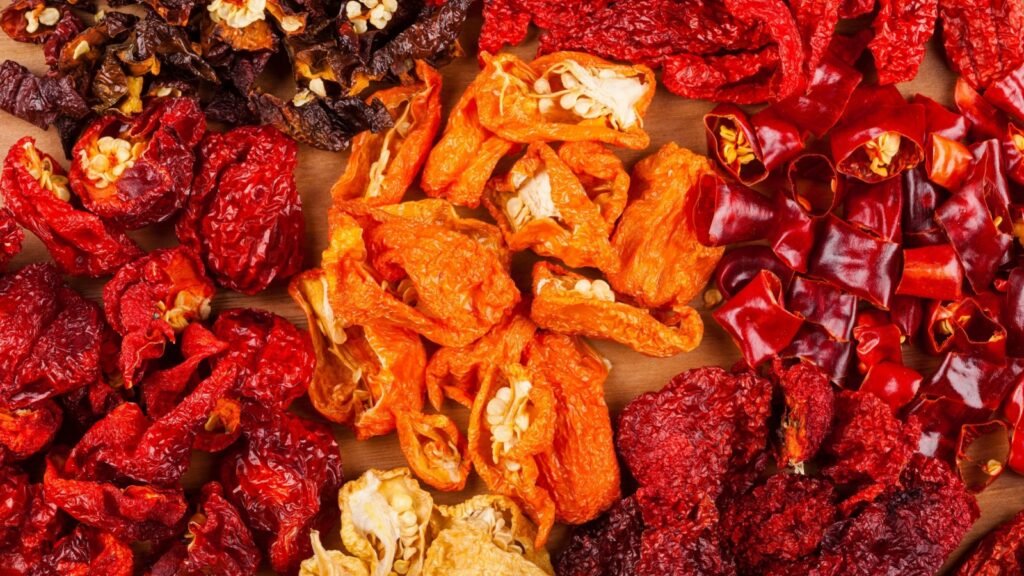
Whether you prefer bell peppers or spicy varieties, these colorful vegetables dehydrate well and can also be pickled. They add flavor and nutrients to any meal. Dehydrated peppers can be rehydrated for use in soups and stews. You can also freeze peppers for up to 8-12 months to retain their flavor and texture.
4. Carrots
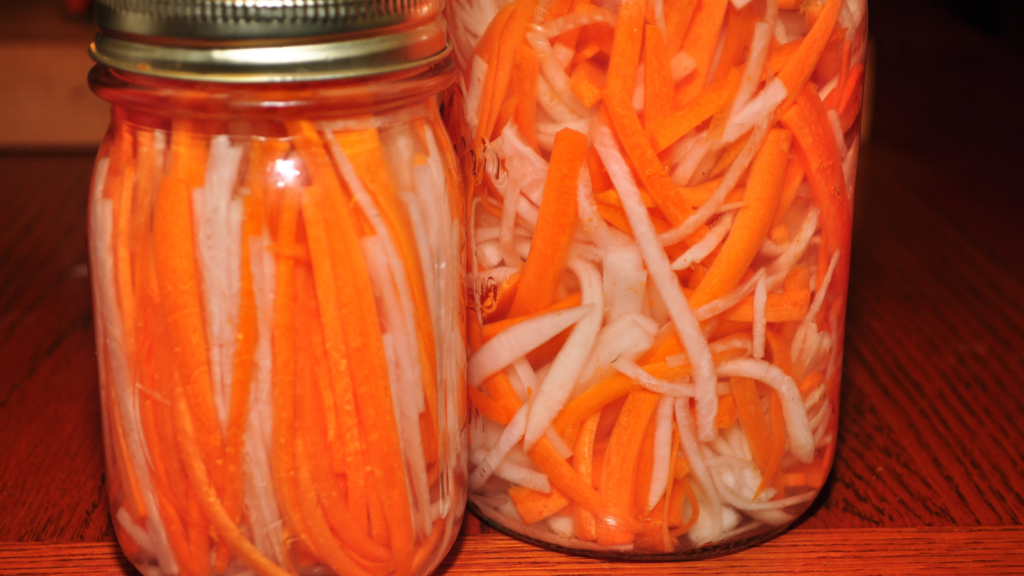
Carrots can be canned, pickled, or dehydrated, making them a flexible option for long-term storage. They’re rich in beta-carotene, which converts to vitamin A in the body—important for eye health. Canning carrots keeps them fresh and ready to go for soups, casseroles, or side dishes. Properly stored dehydrated carrots can last up to 10 years.
5. Green Beans
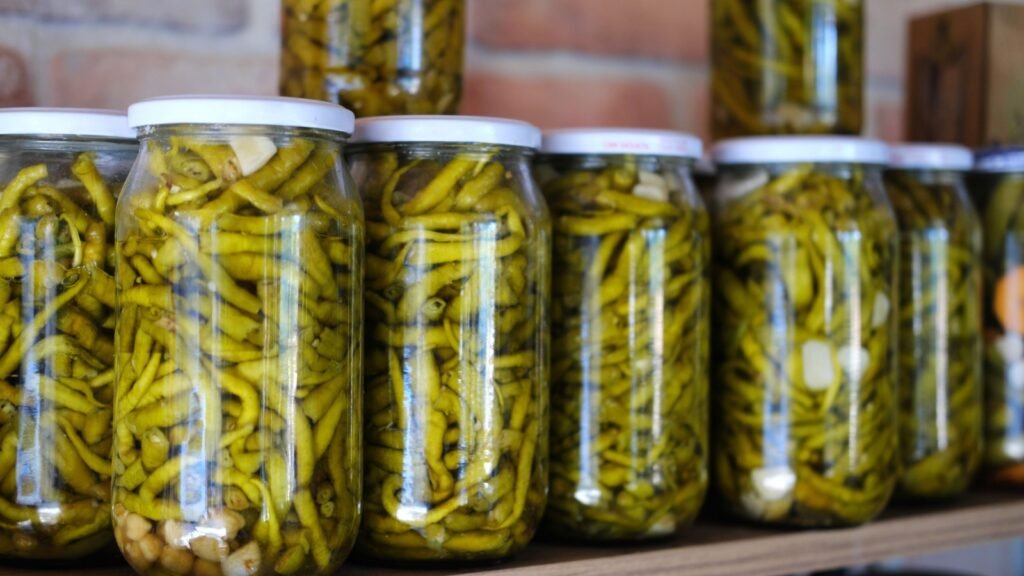
Green beans are a staple in many households, and they’re easy to preserve. Pressure canning is the best way to store them for long-term use, preserving their texture and nutrients. They can be enjoyed in stews, stir-fries, or even as a side dish straight from the jar. Green beans can also be frozen for up to a year without losing too much of their nutritional value.
6. Corn
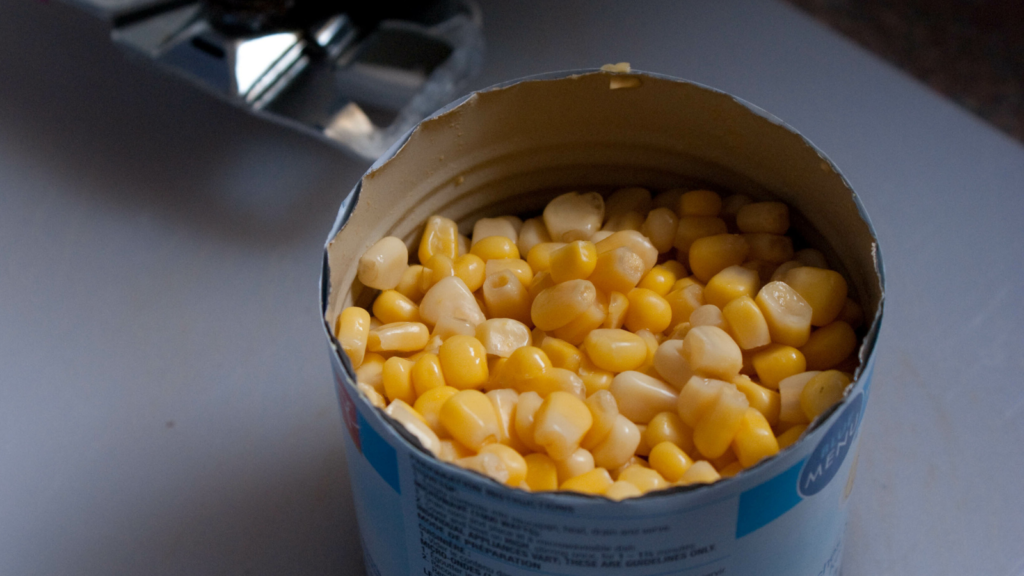
Corn can be frozen, canned, or dried into cornmeal, giving you several ways to store it. Cornmeal is particularly useful for baking, while frozen corn keeps its sweet, juicy flavor. Corn is a great source of carbohydrates, offering energy in a survival situation. Canned corn can last 2-5 years, while cornmeal stored in airtight containers can last up to 10 years.
7. Potatoes
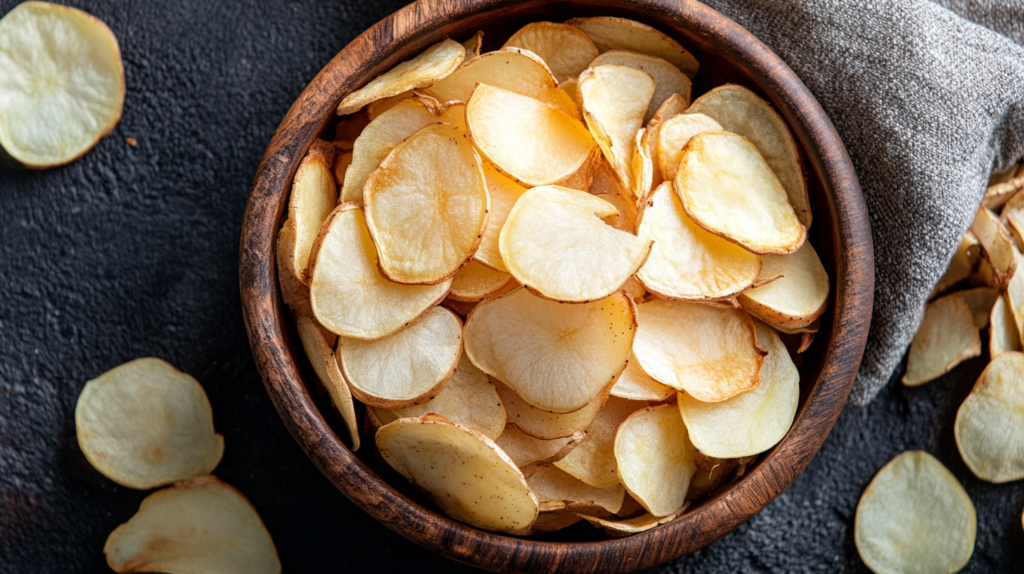
Potatoes store well in a cool, dark place, but you can also dehydrate or can them. Canned potatoes are perfect for quick meals like soups or stews, while dehydrated potato slices can be used for hash browns or casseroles. Properly stored raw potatoes can last several months, but dehydrated potatoes can last 5-10 years.
8. Garlic
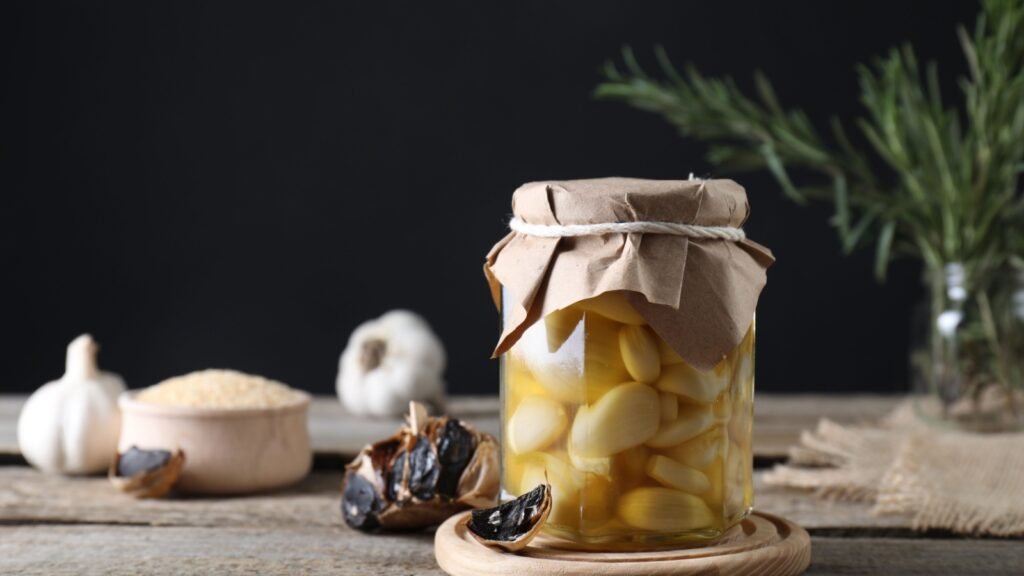
Garlic can be dehydrated, made into powder, or stored in oil (if done safely). It’s essential for flavoring meals and also has antibacterial properties. When stored properly, garlic can last for months, even up to a year. Dehydrated garlic can last even longer, making it a must for your spice cabinet.
9. Onions

Onions are easy to dehydrate and store, and they’re a must-have for soups, stews, and casseroles. They also contain compounds that can help boost your immune system. A jar of dehydrated onions takes up little space but offers big flavor. When stored in a cool, dry place, dehydrated onions can last up to 10 years. Be warned though that dehydrating onions smell so strong! I have a smaller cheap dehdyrator that I keep in a small workshop/shed dedicated to dehydrating onions as, otherwise, the smell permeates the entire house and lasts for days.
10. Squash

Squash, especially winter varieties like butternut and acorn, store well in their natural state, but you can also dehydrate or can them for long-term storage. Squash is rich in vitamins A and C and makes a hearty addition to any meal. Winter squash can last up to 6 months in cold storage, while dehydrated squash lasts several years.
11. Zucchini
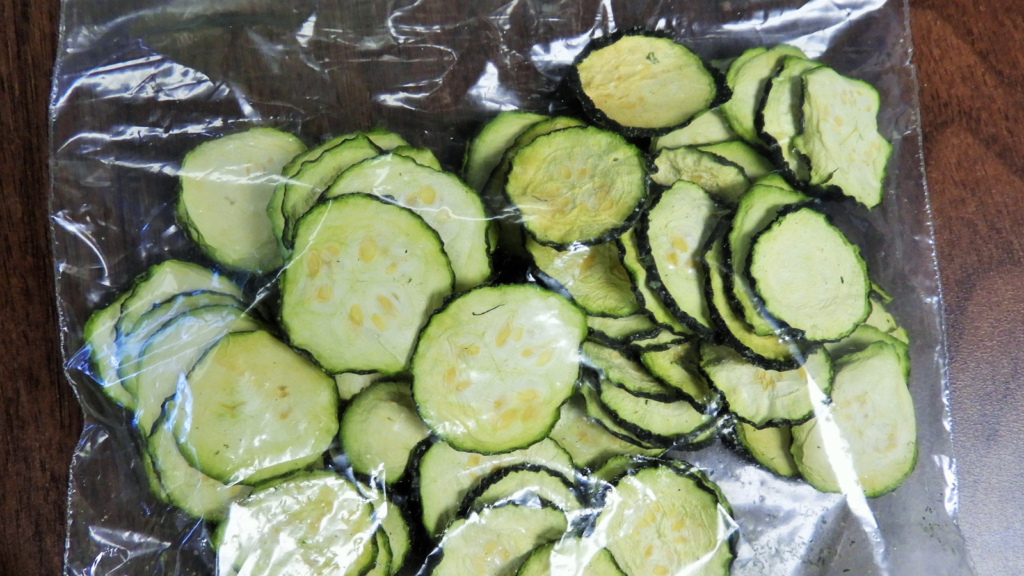
Zucchini is easy to overproduce in the garden, but it’s also easy to preserve. You can freeze or dehydrate zucchini slices or turn them into pickles. Dried zucchini can be added to soups and casseroles, while frozen zucchini works well in baking. Dehydrated zucchini can last up to 2 years when properly stored.
12. Cabbage
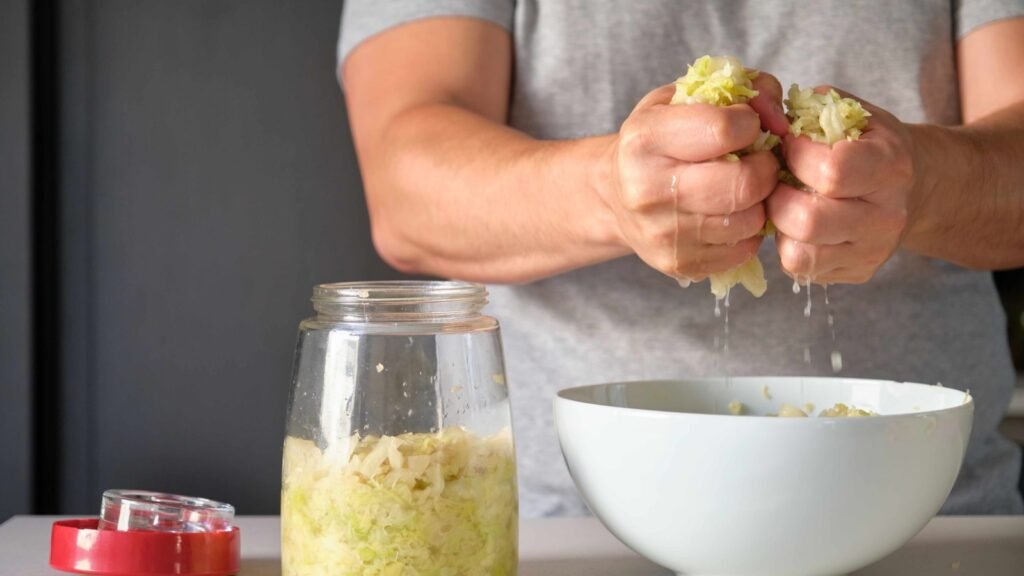
Cabbage is a great vegetable to ferment into sauerkraut, which is rich in probiotics and can last for months in cold storage. Fermenting cabbage not only preserves it but also increases its nutritional benefits. Sauerkraut can last up to a year in the fridge, while dehydrated cabbage can last 6-12 months.
13. Berries
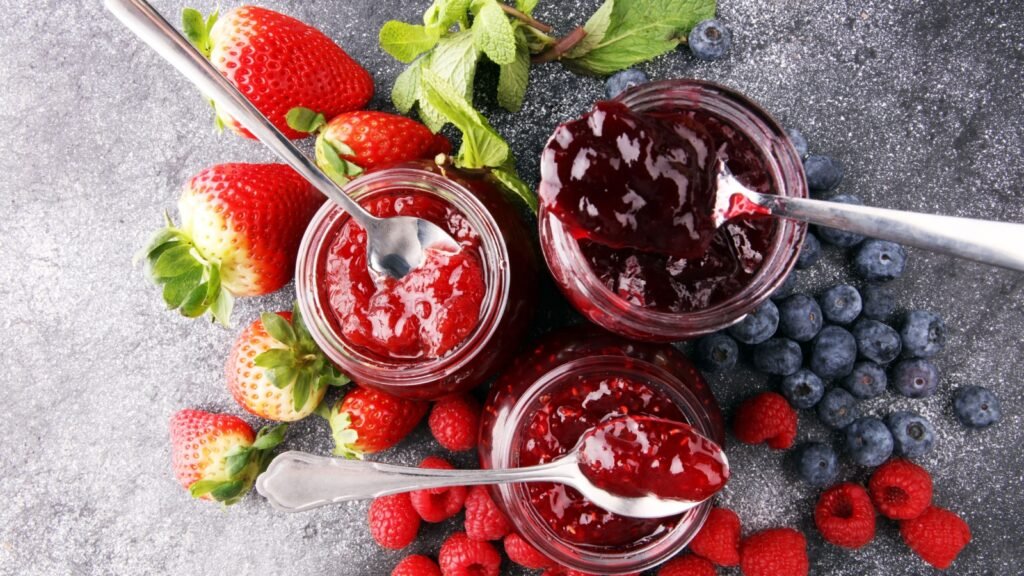
Berries like strawberries, blueberries, and blackberries can be preserved by freezing, dehydrating, or turning them into jams. They’re packed with antioxidants, which help fight off illness. Dehydrated berries make a great snack or can be added to oatmeal and baked goods. Properly stored, frozen berries can last up to 12 months, while dried berries can last 1-2 years.
14. Peaches
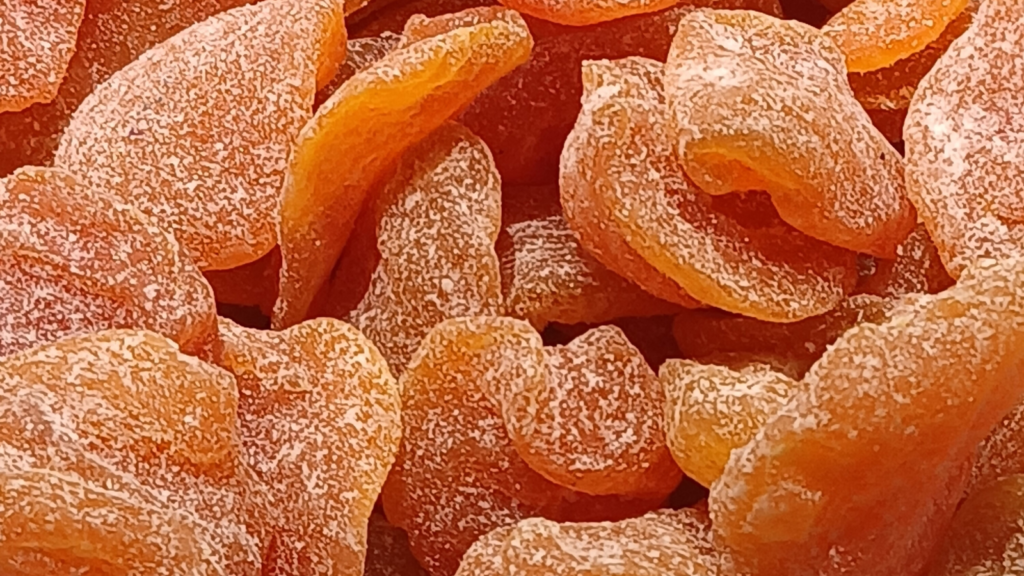
Peaches are perfect for canning or drying. They make for a sweet, nutritious snack and are full of vitamin C. Canned peaches can brighten up a winter meal, while dried peaches offer a quick energy boost on the go. Canned peaches can last up to 18 months, while dehydrated peaches can last up to a year.
15. Plums
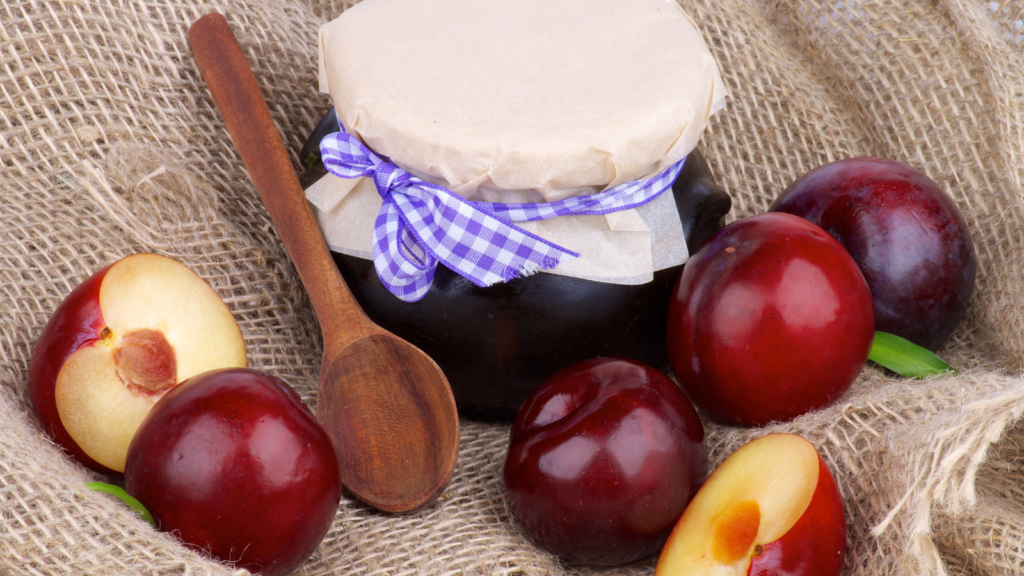
Plums are excellent for making into jams, drying into prunes, or even canning. Prunes are a good source of fiber and are easy to store in small spaces, making them ideal for long-term food storage. Dried prunes can last up to a year when stored in an airtight container.
16. Grapes
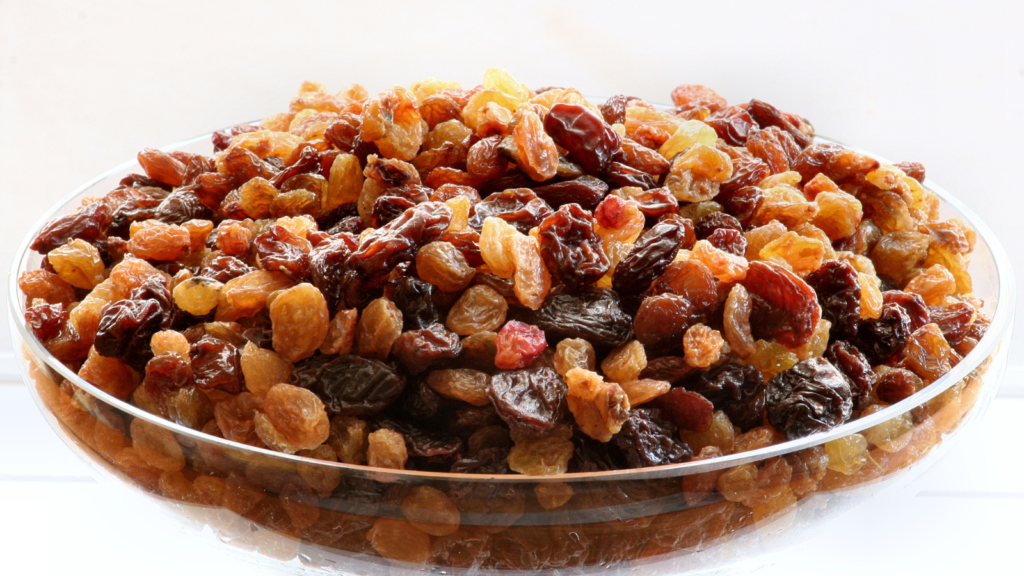
Grapes can be dried into raisins, which are compact, easy to store, and last a long time. They’re great for adding sweetness to baked goods or just snacking. Grapes can also be canned as juice or jellied. Raisins can last up to 6-12 months, while canned grape juice can last up to 18 months.
17. Meat

Whether it’s beef, chicken, or pork, canning meat is a great way to ensure you have protein on hand when fresh supplies are hard to come by. Pressure canning is the safest method, and canned meats can last for years, ready to be added to stews or casseroles. Properly canned meat can last up to 3-5 years.
18. Fish
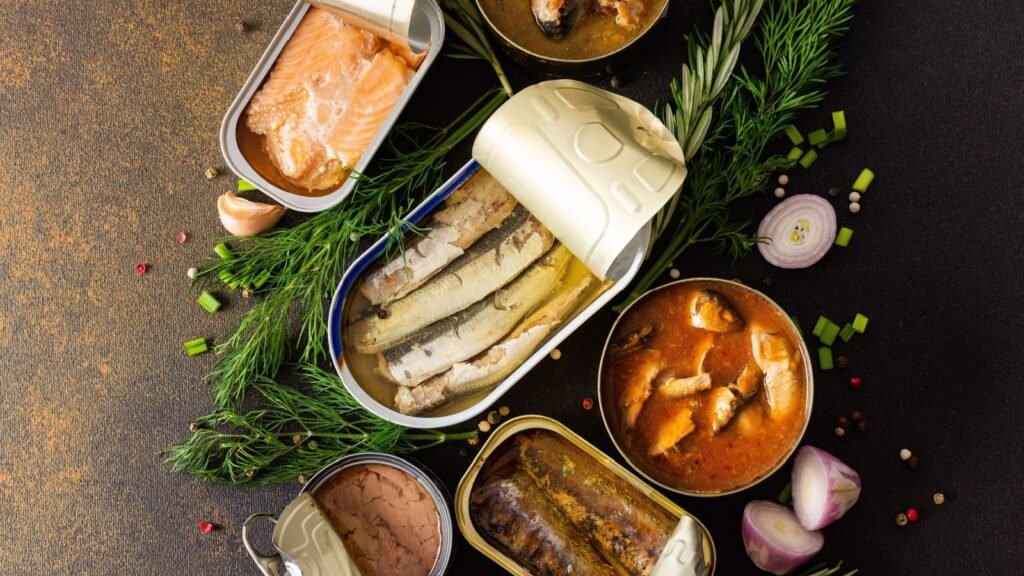
Fish like salmon, trout, or tuna can be canned for long-term storage. Canned fish offers a high-quality protein source that can last for years. It’s a nutritious option to have when fresh food isn’t available. Properly canned fish can last 1-2 years and provides essential omega-3 fatty acids.
19. Beans
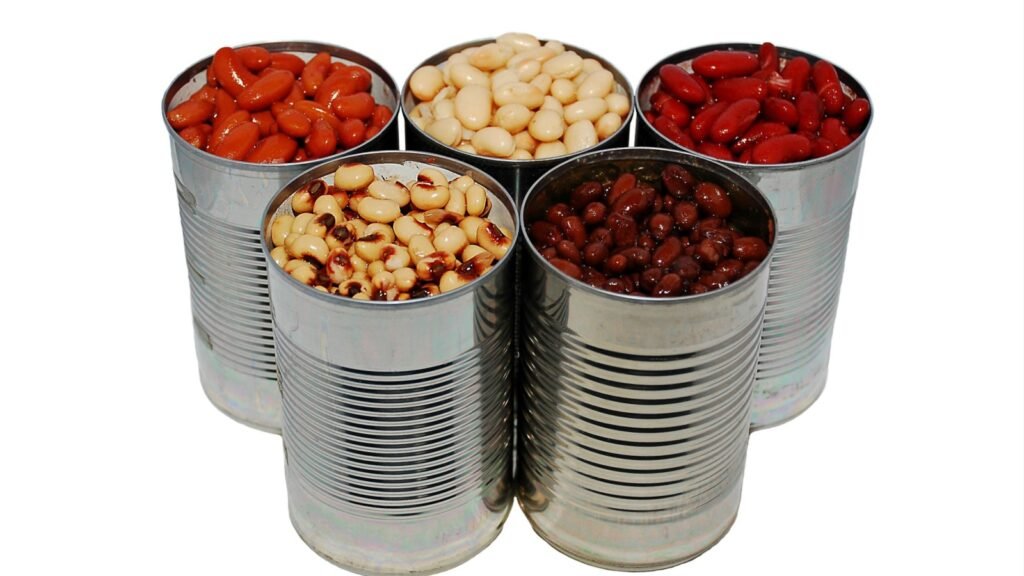
Dried beans are an obvious choice for long-term storage, but canning them offers convenience. Canned beans are ready to use right away, saving you the hours it takes to soak and cook them. They’re an excellent source of fiber and protein. Canned beans can last up to 5 years when stored properly.
20. Lentils

Lentils are easy to store dried, but they can also be canned for convenience. They cook much faster than beans and offer a similar nutrient profile with plenty of protein and fiber, making them a great option for any emergency pantry. Dried lentils can last up to 10 years when stored in airtight containers.
21. Honey
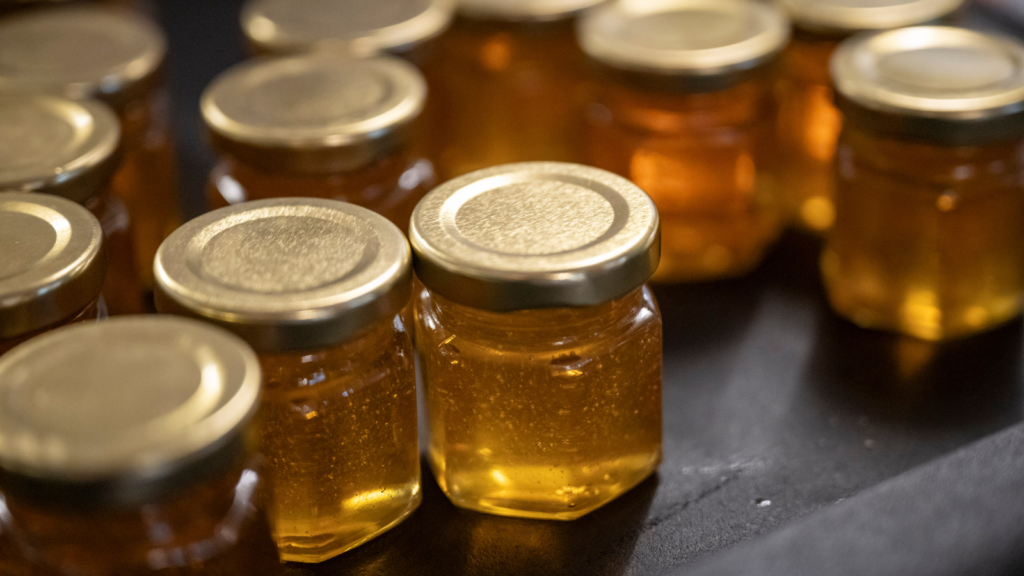
Honey never spoils, making it one of the best natural preservatives around. Store it in a cool, dark place, and it will last indefinitely. Not only is honey a natural sweetener, but it also has antibacterial properties and can be used medicinally. Honey is a must for your long-term prepper pantry and can last for decades.
22. Nuts
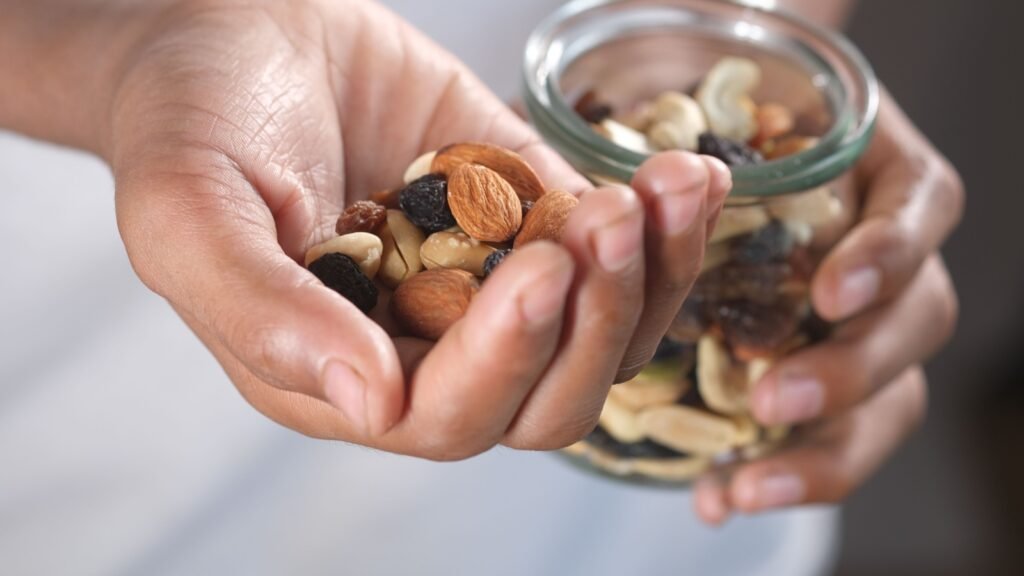
Nuts like almonds, walnuts, and pecans can be vacuum-sealed or stored in jars for long-term use. They’re calorie-dense and rich in healthy fats, making them a great option for high-energy needs in survival situations. Properly stored nuts can last up to a year when kept in a cool, dark place.
23. Eggs

If you raise chickens, water glassing is a great method for preserving eggs for months. Alternatively, eggs can be freeze-dried or pickled. Having eggs on hand offers a quick, versatile protein source for many meals. Water-glassed eggs can last up to 12-18 months when stored correctly.
24. Milk
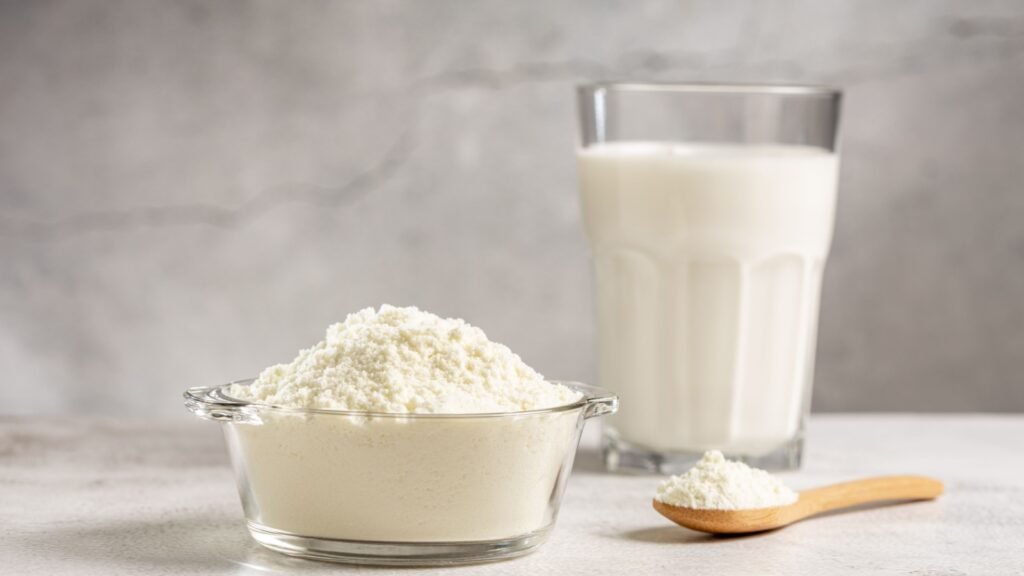
Milk can be preserved by turning it into powder, which can be stored for years. Powdered milk is great for baking, cooking, or drinking in a pinch. It’s lightweight and takes up little space, making it ideal for your emergency supplies. Properly stored powdered milk can last up to 20 years.
25. Herbs

Herbs like basil, thyme, and oregano can be dried for long-term storage. They add flavor to your meals and often contain health benefits like antibacterial properties. Fresh herbs can be dehydrated and stored in airtight containers for years. Properly dried herbs can retain their potency for up to 1-3 years.

